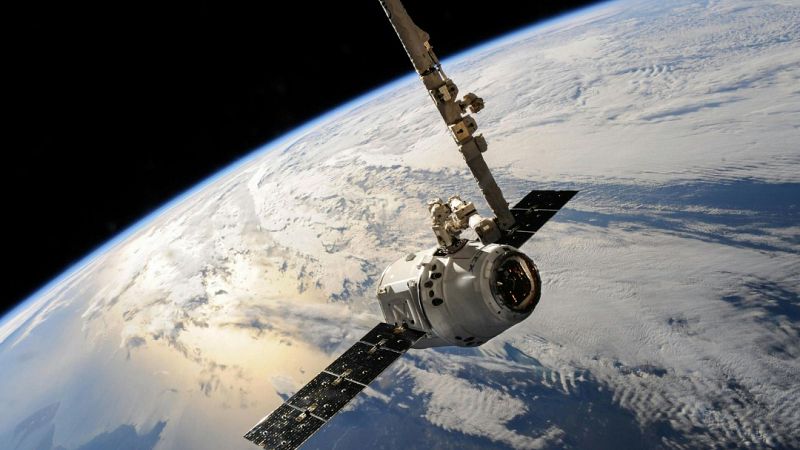
A Ukrainian mobile operator claims to be the first company in Europe to test satellite internet that goes directly to a cell phone.
Kyivstar announced earlier this month that direct to cell (DTC) testing had started with Elon Musk’s SpaceX, the parent company of Starlink.
During the test, mobile phones with 4G or LTE networks connected directly to a satellite in orbit so they could send and receive text messages.
The eventual Starlink partnership will give Ukrainians access to the internet in so-called “white spots,” regions that don’t get traditional mobile coverage including mountainous and rural areas.
The company said the DTC connection is “especially important in wartime when infrastructure may be damaged or power outages may occur”.
Kyivstar CEO Oleksandr Komarov confirmed to Reuters that Starlink-powered mobile connections will become available by mid-2026.
Starlink has been used by Ukrainian military and civilians since March 2022, when Musk agreed to ship kits for the internet network directly to homes.
However, the use of Starlink during the war has been met with backlash. Reuters reported in February that Musk had threatened to turn off the satellites if Ukraine did not make a deal with the United States on critical minerals. Musk later denied the claims, saying that Starlink will “never turn off its terminals,” in Ukraine.
Euronews Next reached out to SpaceX and Kyivstar but did not get an immediate reply.
European alternatives to Starlink
European authorities have been testing several companies to see whether they could become a replacement for Musk’s Starlink in Ukraine.
In March, Euronews Next reported that satellite operator Eutelsat was in talks to increase its satellite capability in Ukraine in response to the threats from Musk.
The Franco-British company has more than 630 satellites moving in low-Earth orbit around the world that offer the “same capacities” as Starlink for coverage and response time, a spokesperson for the company said at the time.
Eutelsat is already being used in Ukraine to “support government and institutional communications,” the company added.
Another alternative that Europe is considering is the IRIS2 project, a network of 290 satellites in low and medium Earth orbit that could offer ultra-fast transmission services for users.
Christophe Grudler, rapporteur for the project at the European Parliament, previously told Euronews that IRIS2 should be operational by 2028, two years before the initial launch date of 2030.
It was not immediately clear whether Starlink’s expansion would affect those plans. Euronews Next reached out to Eutelsat and the consortium behind IRIS2 but did not immediately hear back.







